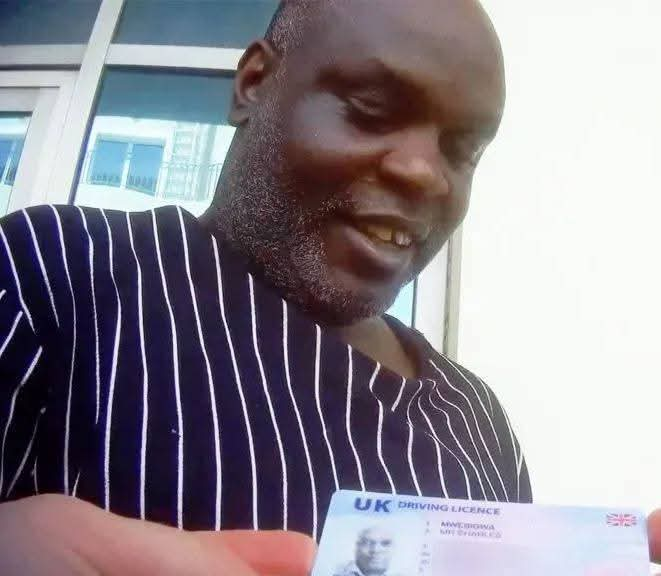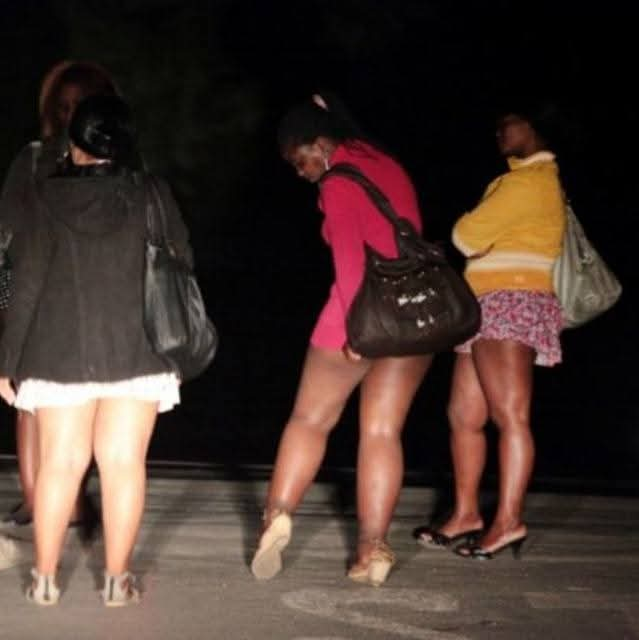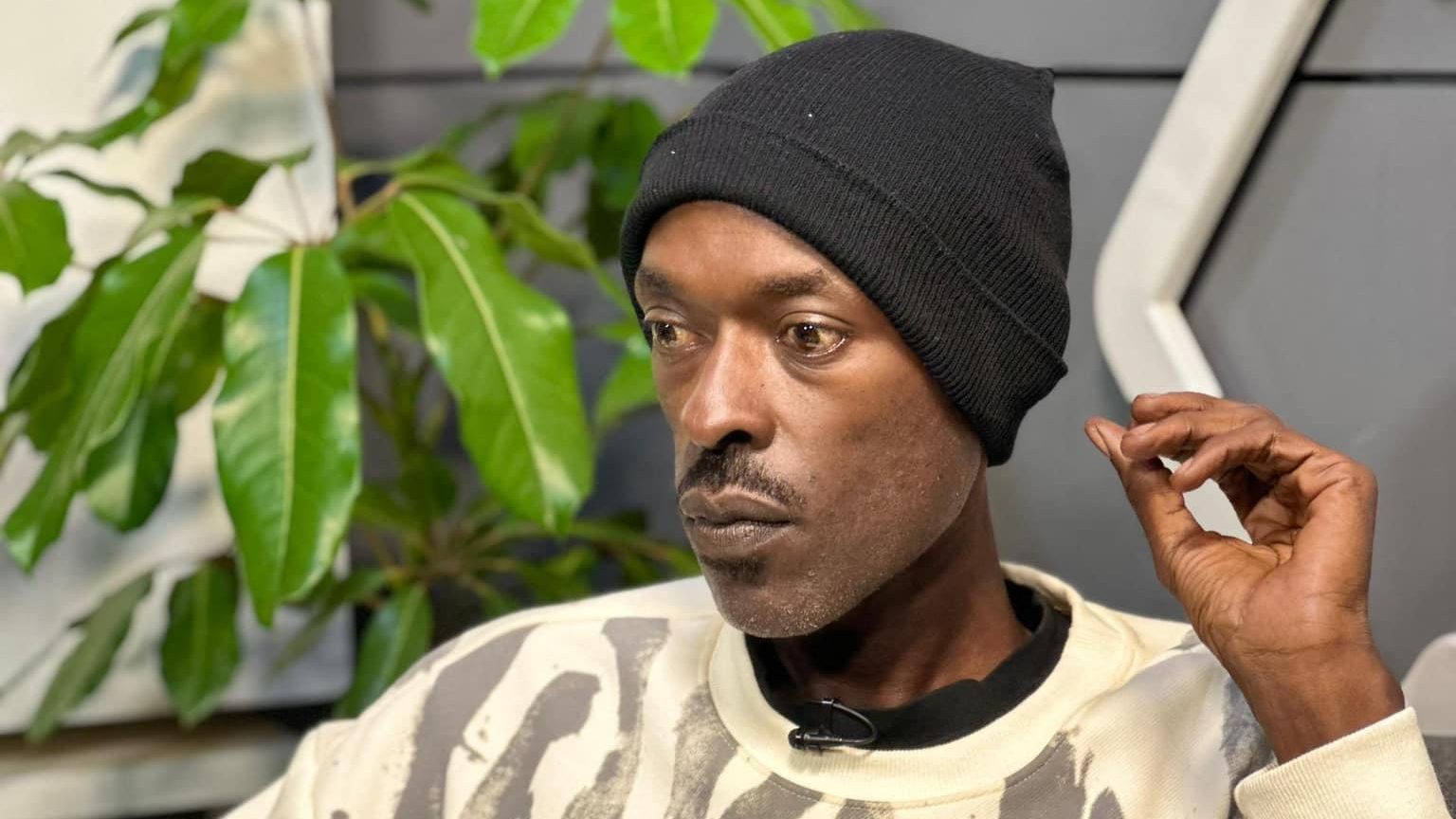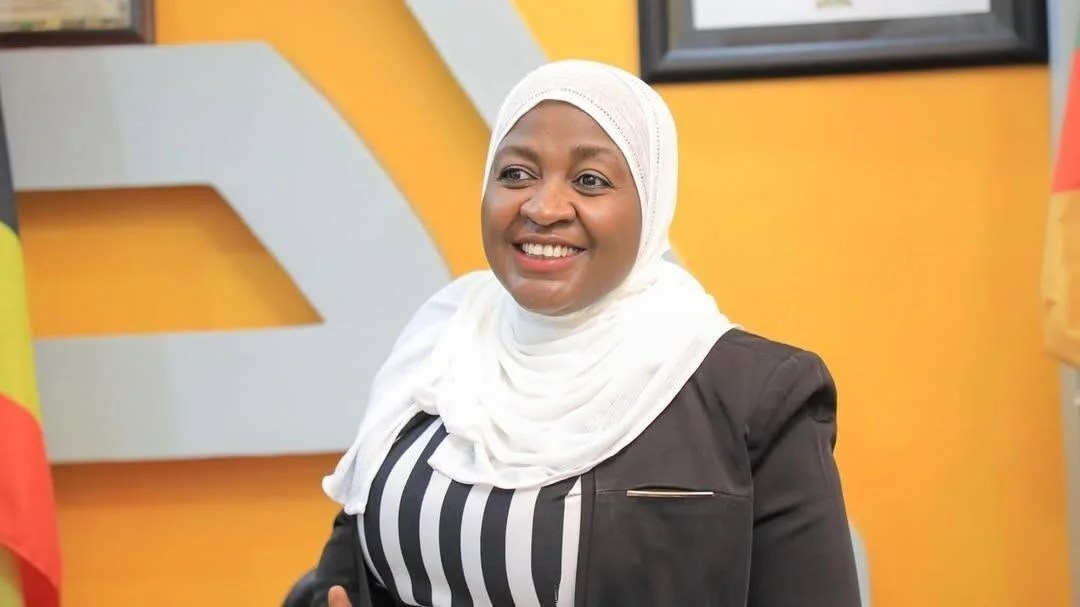A storm is brewing in Uganda following a BBC investigation that implicated former London-based bus driver Charles Mwesigwa in a sex trafficking ring operating in Dubai’s luxury districts. The report revealed that vulnerable Ugandan women, promised legitimate jobs in supermarkets or hotels, were instead forced into degrading sex work, accumulating crushing debts, with two women reportedly dying after falling from high-rises in Dubai.
In a controversial response, Calvin Kayanja, owner of a Kampala-based job link company, defended Mwesigwa and accused the BBC of carrying out a “bogus investigation” designed to tarnish his reputation. Kayanja argued that many women who travel abroad for legitimate employment often voluntarily abandon these jobs to engage in what he described as “sumbie hawking,” which he claims is more profitable than a fixed salary.

“Even in Uganda, 90% of women are ‘sumbie hawkers,’ so Mwesigwa should not be blamed,” Kayanja stated, adding that some of the women had already engaged in such work while in Kampala or on social media before traveling abroad.
However, video evidence reportedly shows Mwesigwa admitting to being a pimp, raising serious questions about the scale of his operations. Authorities are now probing whether Mwesigwa acted alone, if he collaborated with Ugandan companies that facilitate overseas employment, and whether a larger network of individuals may be involved in exploiting Ugandan women.

The unfolding case has reignited debates on human trafficking, employment agency accountability, and the protection of Ugandan women abroad, with rights groups calling for urgent government intervention to prevent further exploitation.







